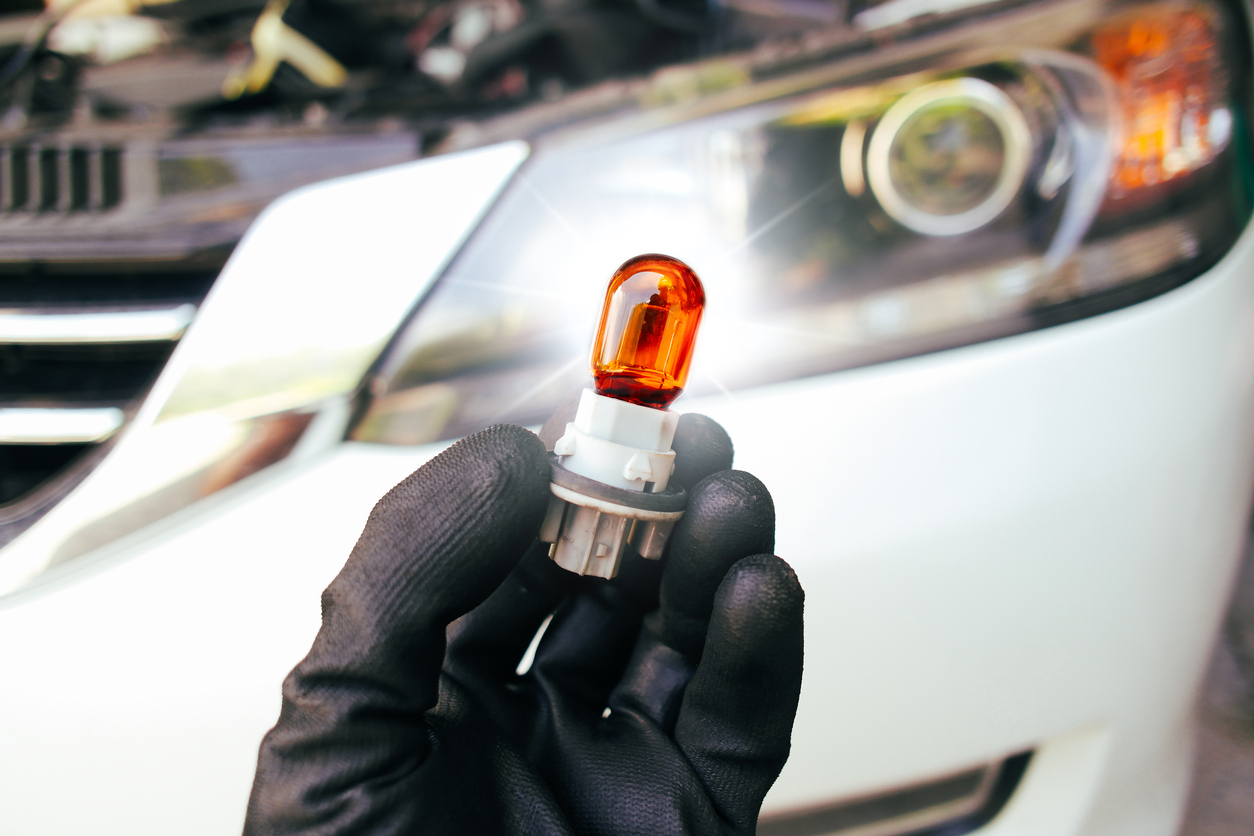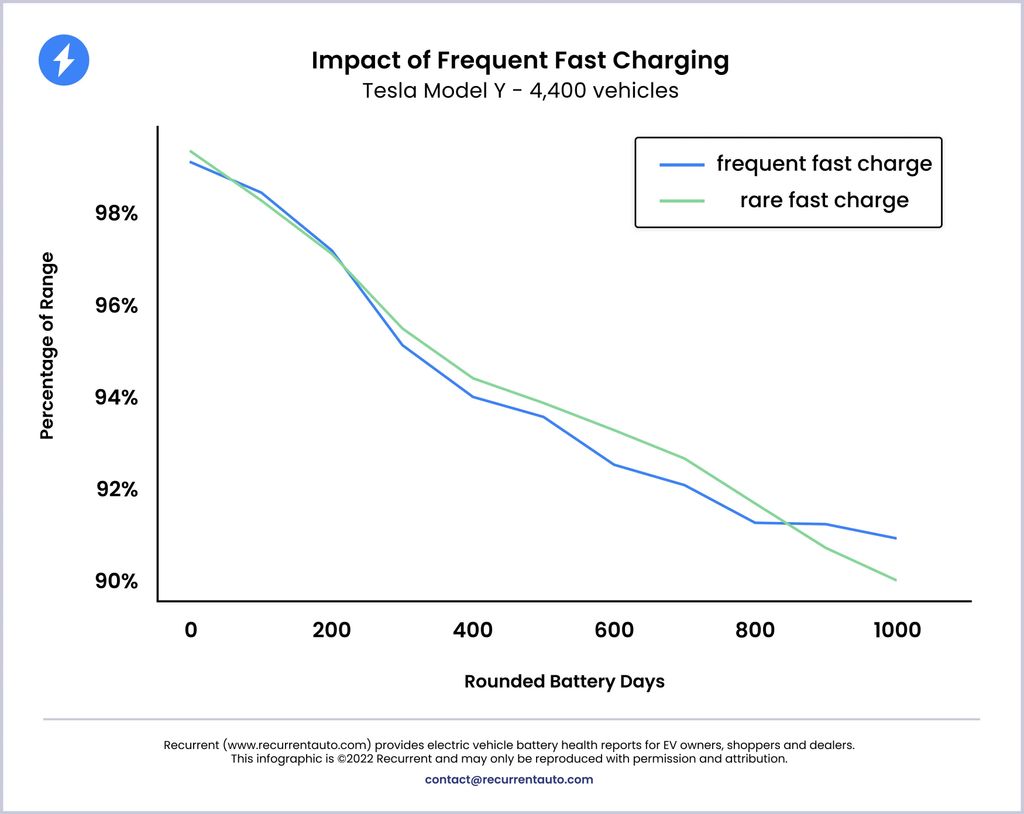Introduction: The Fast-Blinking Turn Signal
Have you ever noticed your turn signal blinking more rapidly than usual? This increased speed often indicates that maintenance is required, typically pointing to an issue with the turn signal bulb. Let’s explore why your turn signal might be blinking faster and what you can do about it.
Causes of a Fast-Blinking Turn Signal
One common reason for a faster blinking turn signal is a faulty bulb. When you activate your turn signal, electricity flows through the fuse box to the turn signal circuit and then to the bulb. If the bulb is damaged or malfunctioning, the signal may blink faster or inconsistently, indicating that it needs replacement.
Diagnosing the Issue
To diagnose the issue, inspect each turn signal to see if one is blinking or illuminating differently. A bulb that appears dark, cloudy, or has a broken filament likely needs replacing. Additionally, poor or damaged electrical connections can cause the turn signal to blink faster, as insufficient power reaches the bulb, leading to inconsistent blinking.
Fixing the Problem
Start by checking all wiring and connections around the turn signal area and cleaning the components. Ensure the fuses are functioning correctly. If the bulb is faulty, replacing it usually involves opening the hood, removing the headlight housing, and disconnecting the electrical connector.
Carefully install the new bulb, avoiding direct contact with the glass to prevent premature failure. Reconnect the electrical connector and place the housing back in position. Finally, test the new bulb to ensure it works correctly.

Additional Causes and Solutions
A faulty electrical switch can also result in inconsistent blinking rates. These issues are often caused by corrosion, burns, or worn insulation in the switch or relays. Checking and cleaning these components and replacing worn-out parts can resolve the problem.
Conclusion: Ensuring Proper Turn Signal Function
Understanding why your turn signal blinks faster can help you maintain your vehicle’s safety and functionality. Regular checks and prompt replacements of faulty bulbs and connections ensure your turn signals work correctly, keeping you safe on the road. If you encounter persistent issues, consider consulting a professional mechanic for further assistance.


